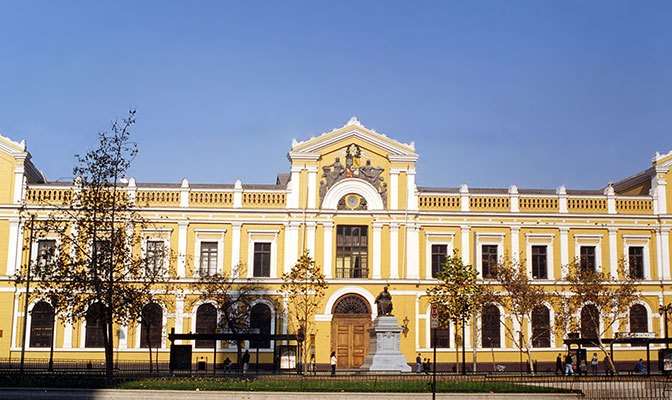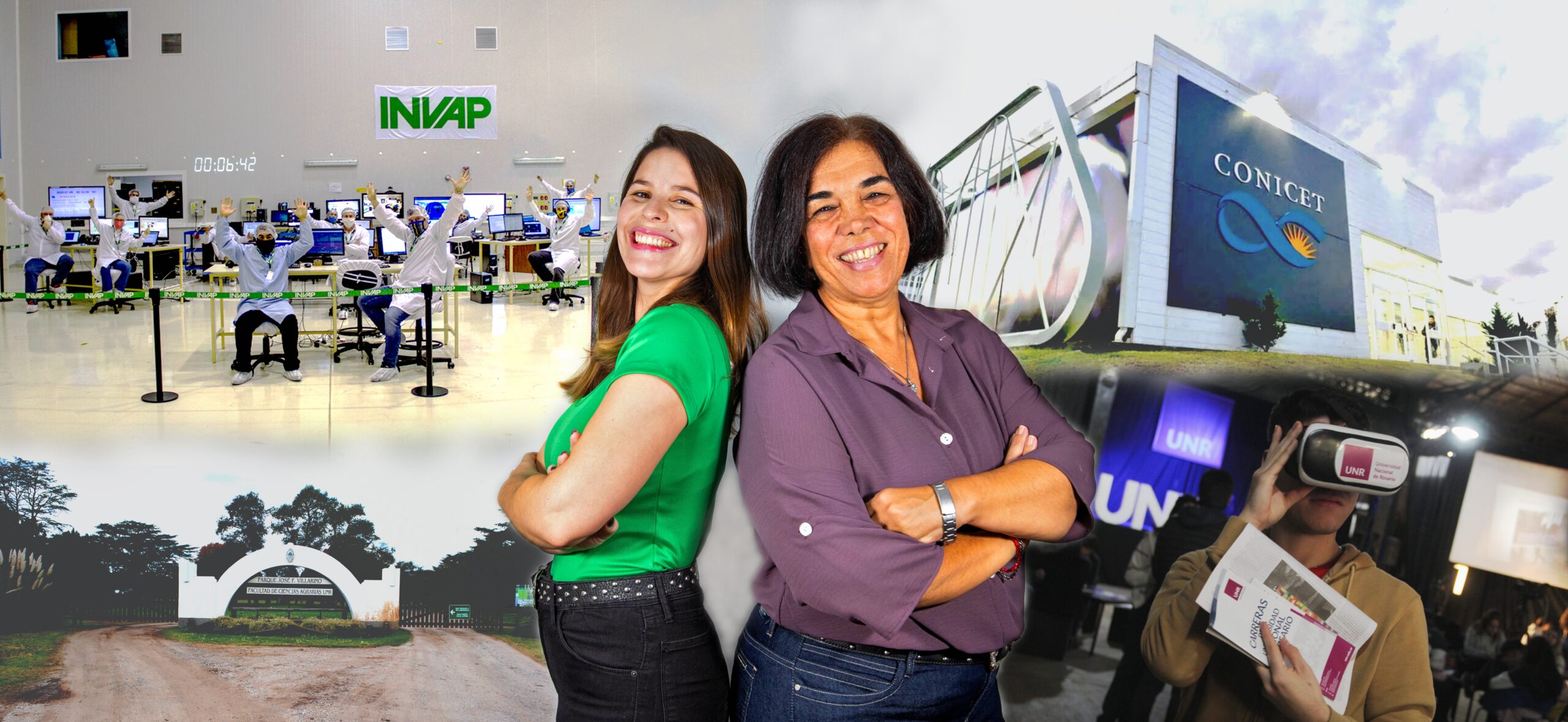“Gender Inequality: Women in Science” is the title of this program designed by Science 2030 and which will be taught free of charge through UAbierta, the online educational platform of the University of Chile. The third edition of this course, which addresses the issue of female underrepresentation in science, technology, engineering and mathematics (STEM) fields, will begin on Tuesday 3 October.
The course “Gender Inequality: Women in Science” was born at the end of 2022, the product of the alliance between the Science 2030 program and the UCH UAbierta educational platform, with the aim of knowing, understanding and thinking about the reasons that led to this. There is a low presence of women in STEM fields.
Such a problem constitutes one of the main gaps that Ciencia 2030 seeks to address, and therefore, the space provided by UAbierta to expand and democratize access to knowledge is the perfect example of promoting citizen debate on issues that matter to all people.
During October 2023, the third edition of the course will begin. The initiative will be implemented through UAbierta and will include four content modules that will be developed during five weeks of work. The above is shared by María Elena Acuña, Leila Troncoso, Darinka Radović, and Carolina González, all academics from the University of Chile.
The course is led by sociologist and Curriculum Coordinator for Science 2030, Alessandra Perazzoli. There will be an optional certificate for those who succeed. The cost of a diploma issued by the University of Chile is 10,000 Chilean pesos (for payments with Chilean accounts and cards via WebPay) or 15 US dollars (for payments with foreign cards through PayPal).
Furthermore, the course has no prerequisites and is only concerned with topics related to gender inequality in science.
Gender challenges in science
Along these lines, it is worth noting that the field of science, technology, engineering, and mathematics has positioned itself as a suitable space to confront the current context dominated by the digital revolution and rapid technological change. There is importance in knowing why women have been “removed from the practice of science, how this has been used to maintain women’s inferiority, and how this continues to have an impact to this day on not only the decline of women’s participation in science, but also the decline of women in science.” “In constructing gender stereotypes,” Perazzoli explained.
To address these and other challenges, the course will review the historical development of science, the conditions that led to the generation of scientific knowledge and how this demonstrated the existence of gender biases that maintain inequality between men and women.
Regarding the decision to implement the course through UAbierta, the Ciencia 2030 program chose the aforementioned platform, since it has the potential to “extend training to spaces beyond university classrooms, opening up and democratizing knowledge, which “allows us to give meaning to reality,” Berazzoli said: “Understand it better and do something to change it.”
For the platform’s general coordinator, María Elena Acuña, the importance of the course lies in the fact that “everyone should be able to participate in the development of science on an equal footing, for which it is necessary to develop strategies that break stereotypes and stereotypes.” Barriers that “prevent women and girls’ access to scientific and technical knowledge production processes.”
Likewise, Acuña highlighted that the course “aims to enable participants to know and understand that science is a product, a social and historical practice that is also shaped by gender structures, and in this way, understand ‘the way science reflects gender.’” Inequality is the first step to moving forward. ahead.
In the same vein, Carolina Gonzalez, an active participant in the Network of Feminist Historians, expressed that the initiative “will make clear that the production of scientific knowledge is not exempt from social, cultural and historical complexities compounded by gender stereotypes.” and power relations,” are directly influenced by the participation of women and feminized subjects in science.
Moreover, “this course represents an invitation to open questions about the complex expressions and tensions between science and gender,” González said.
It should be noted that the course is being held for the third time in a row, and in its previous editions people of different ages, countries and educational levels participated. Showing that it is a version suitable for all audiences and at the same time of outstanding academic quality.
To register for this course, you must enter the following link.
UOpen
University of Chile





:format(webp)/cloudfront-us-east-1.images.arcpublishing.com/grupoclarin/UWM2W3ZLHRBTHDUHJIN7SA74FY.jpg)